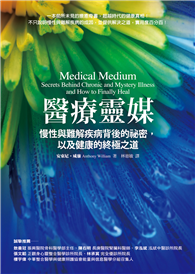In William Morris: A Critical Study, John Drinkwater examines the intersection of art and social reform in the life of the renowned artist and writer William Morris. This critical exploration begins by introducing the profound connection between Morris’s work and his belief in the power of beauty, craftsmanship, and labour. It highlights his view of art as not only a form of personal expression but also a commentary on society’s values and issues. Morris’s commitment to creating art that was both beautiful and socially responsible is central to understanding his legacy. Drinkwater delves into how Morris’s writing and designs reflect his vision of a just society, where art is integral to the daily life of the working class, advocating for a harmonious balance between creative expression and labor. As the study progresses, it reflects on how Morris’s artistic philosophy was influenced by his surroundings, personal experiences, and social activism. Drinkwater concludes by emphasizing Morris’s lasting influence on the intersection of art and social change, illustrating how his contributions extended beyond the realms of literature and design to impact broader societal structures. Through this study, Drinkwater offers readers an in-depth look into the mind of an artist deeply committed to shaping both the aesthetic and moral fabric of his time.
| FindBook |
有 1 項符合
William Morris A Critical Study的圖書 |
 |
William Morris A Critical Study 作者:Drinkwater 出版社:Double 9 Books 出版日期:2024-12-01 語言:英文 規格:平裝 / 106頁 / 21.59 x 13.97 x 0.64 cm / 普通級/ 初版 |
| 圖書館借閱 |
| 國家圖書館 | 全國圖書書目資訊網 | 國立公共資訊圖書館 | 電子書服務平台 | MetaCat 跨館整合查詢 |
| 臺北市立圖書館 | 新北市立圖書館 | 基隆市公共圖書館 | 桃園市立圖書館 | 新竹縣公共圖書館 |
| 苗栗縣立圖書館 | 臺中市立圖書館 | 彰化縣公共圖書館 | 南投縣文化局 | 雲林縣公共圖書館 |
| 嘉義縣圖書館 | 臺南市立圖書館 | 高雄市立圖書館 | 屏東縣公共圖書館 | 宜蘭縣公共圖書館 |
| 花蓮縣文化局 | 臺東縣文化處 |
|
|
圖書介紹 - 資料來源:博客來 評分:
圖書名稱:William Morris A Critical Study
|










